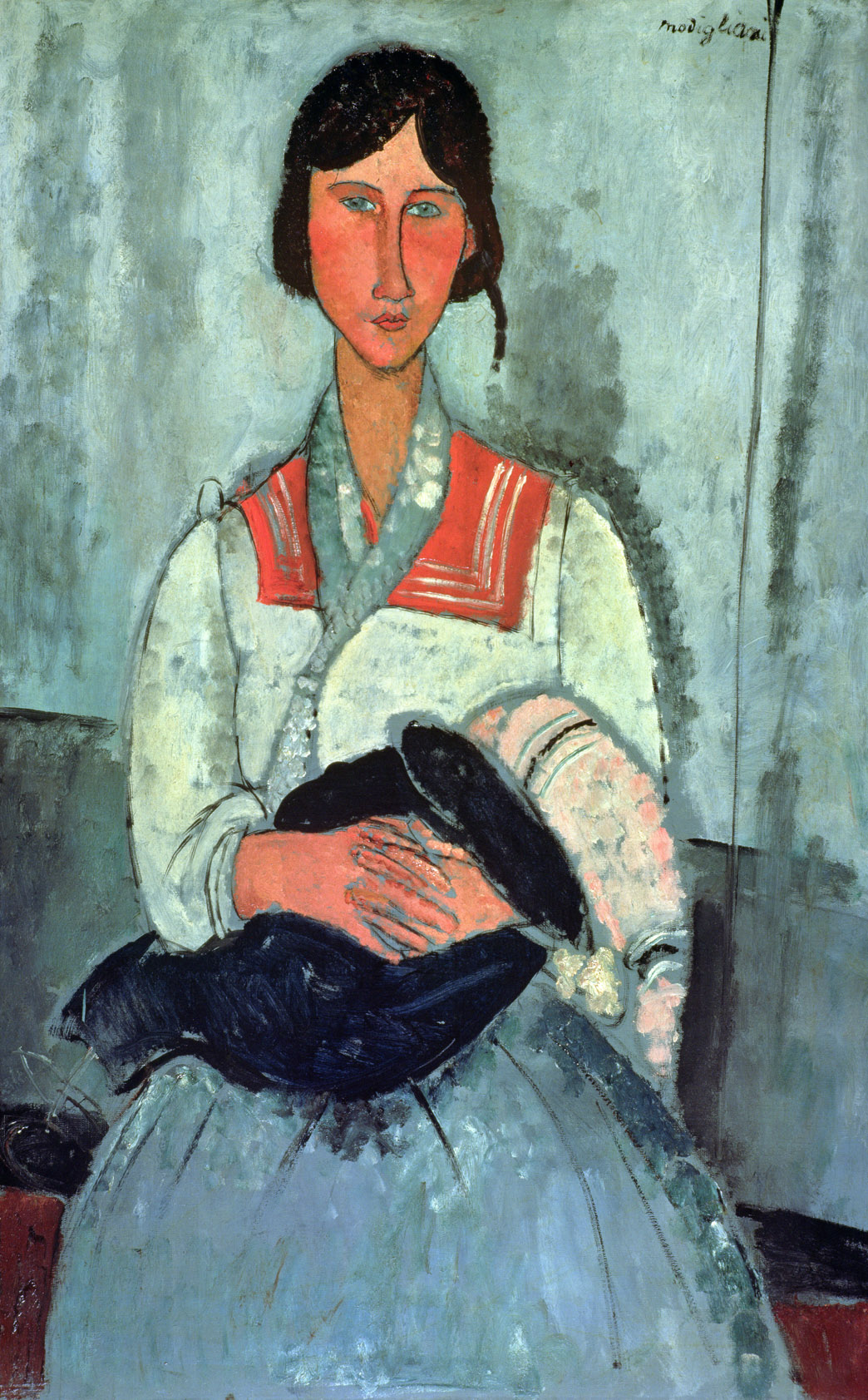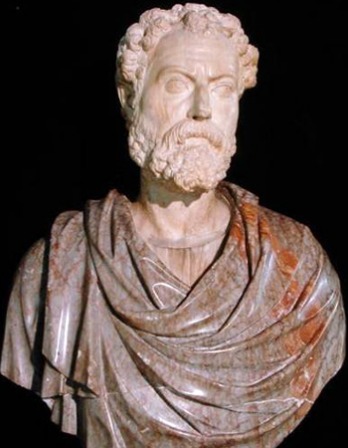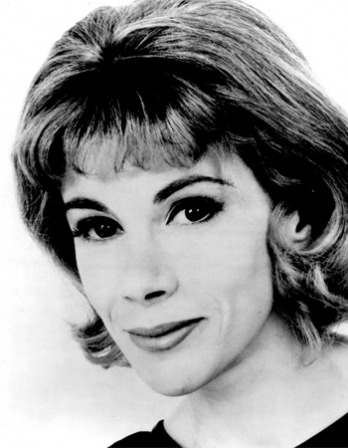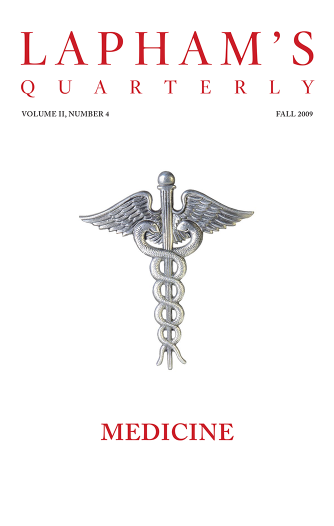In our family, as far as we are concerned, we were born and what happened before that is myth.
—V.S. Pritchett, 1968Henry James Settles an Argument
Father knows best when it comes to marriage.
Catherine sat alone by the parlor fire—sat there for more than an hour, lost in her meditations. She had an immense respect for her father, and she felt that to displease him would be a misdemeanor analogous to an act of profanity in a great temple: but her purpose had slowly ripened, and she believed that her prayers had purified it of its violence. The evening advanced, and the lamp burned dim without her noticing it; her eyes were fixed upon her terrible plan. She knew her father was in his study—that he had been there all the evening; from time to time she expected to hear him move. She thought he would perhaps come, as he sometimes came, into the parlor. At last the clock struck eleven, and the house was wrapped in silence; the servants had gone to bed. Catherine got up and went slowly to the door of the library, where she waited a moment, motionless. Then she knocked, and then she waited again. Her father had answered her, but she had not the courage to turn the latch. She heard him move within, and he came and opened the door for her.
“What is the matter?” asked the doctor. “You are standing there like a ghost.”
She went into the room, but it was some time before she contrived to say what she had come to say. Her father, who was in his dressing gown and slippers, had been busy at his writing table, and after looking at her for some moments and waiting, he went and seated himself at his papers again. His back was turned to her—she began to hear the scratching of his pen. She remained near the door with her heart thumping, and she was very glad that his back was turned, for it seemed to her that she could more easily address herself to this portion of his person than to his face. At last she began, watching it while she spoke.
“You told me that if I should have anything more to say about Mr. Townsend you would be glad to listen to it.”
“Exactly, my dear,” said the doctor, not turning round, but stopping his pen.
Catherine wished it would go on, but she herself continued. “I thought I would tell you that I have not seen him again, but that I should like to do so.”
“To bid him goodbye?” asked the doctor.
The girl hesitated a moment. “He is not going away.”
The doctor wheeled slowly round in his chair, with a smile that seemed to accuse her of an epigram, but extremes meet, and Catherine had not intended one. “It is not to bid him goodbye, then?” her father said.
“No, Father, not that; at least, not forever. I have not seen him again, but I should like to see him,” Catherine repeated.
The doctor slowly rubbed his under lip with the feather of his quill.
“Have you written to him?”
“Yes, four times.”
“You have not dismissed him, then. Once would have done that.”
“No,” said Catherine; “I have asked him—asked him to wait.”
Her father sat looking at her, and she was afraid he was going to break out into wrath; his eyes were so fine and cold.
“You are a dear, faithful child,” he said at last. “Come here to your father.” And he got up, holding out his hands toward her.
The words were a surprise, and they gave her an exquisite joy. She went to him, and he put his arm round her tenderly, soothingly, and then he kissed her. After this he said, “Do you wish to make me very happy?”
“I should like to—but I am afraid I can’t,” Catherine answered.
“You can if you will. It all depends on your will.”
“Is it to give him up?” said Catherine.
“Yes, it is to give him up.”
And he held her still, with the same tenderness, looking into her face and resting his eyes on her averted eyes. There was a long silence; she wished he would release her.
“You are happier than I, Father,” she said, at last.
“I have no doubt you are unhappy just now. But it is better to be unhappy for three months and get over it, than for many years and never get over it.”
“Yes, if that were so,” said Catherine.
“It would be so; I am sure of that.” She answered nothing, and he went on. “Have you no faith in my wisdom, in my tenderness, in my solicitude for your future?”
“Oh, Father!” murmured the girl.
“Don’t you suppose that I know something of men: their vices, their follies, their falsities?”
She detached herself, and turned upon him. “He is not vicious—he is not false!”
Her father kept looking at her with his sharp, pure eye. “You make nothing of my judgment, then?”
“I can’t believe that!”
“I don’t ask you to believe it, but to take it on trust.”
Catherine was far from saying to herself that this was an ingenious sophism, but she met the appeal nonetheless squarely. “What has he done—what do you know?”
“He has never done anything—he is a selfish idler.”
“Oh Father, don’t abuse him!” she exclaimed, pleadingly.
“I don’t mean to abuse him; it would be a great mistake. You may do as you choose,” he added, turning away.
“I may see him again?”
“Just as you choose.”
“Will you forgive me?”
“By no means.”
“It will only be for once.”
“I don’t know what you mean by once. You must either give him up or continue the acquaintance.”
“I wish to explain—to tell him to wait.”
“To wait for what?”
“Till you know him better—till you consent.”
“Don’t tell him any such nonsense. I know him well enough, and I shall never consent.”

Gypsy Woman with a Baby, by Amedeo Modigliani, 1919. National Gallery of Art, Washington, D.C.
“But we can wait a long time,” said poor Catherine, in a tone which was meant to express the humblest conciliation, but which had upon her father’s nerves the effect of an iteration not characterized by tact.
The doctor answered, however, quietly enough, “Of course you can wait till I die, if you like.”
Catherine gave a cry of natural horror.
“Your engagement will have one delightful effect upon you; it will make you extremely impatient for that event.”
Catherine stood staring, and the doctor enjoyed the point he had made. It came to Catherine with the force—or rather with the vague impressiveness—of a logical axiom which it was not in her province to controvert; and yet, though it was a scientific truth, she felt wholly unable to accept it.
“I would rather not marry, if that were true,” she said.
“Give me a proof of it, then, for it is beyond a question that by engaging yourself to Morris Townsend you simply wait for my death.”
She turned away, feeling sick and faint, and the doctor went on. “And if you wait for it with impatience, judge, if you please, what his eagerness will be!”
Catherine turned it over—her father’s words had such an authority for her that her very thoughts were capable of obeying him. There was a dreadful ugliness in it, which seemed to glare at her through the interposing medium of her own feebler reason. Suddenly, however, she had an inspiration; she almost knew it to be an inspiration.
“If I don’t marry before your death, I will not after,” she said.
To her father, it must be admitted, this seemed only another epigram, and as obstinacy, in unaccomplished minds, does not usually select such a mode of expression, he was the more surprised at this wanton play of a fixed idea.
“Do you mean that for an impertinence?” he inquired; an inquiry of which, as he made it, he quite perceived the grossness.
“An impertinence? Oh Father, what terrible things you say!”
“If you don’t wait for my death, you might as well marry immediately; there is nothing else to wait for.”
For some time Catherine made no answer, but finally she said, “I think Morris—little by little—might persuade you.”
“I shall never let him speak to me again. I dislike him too much.”
Catherine gave a long, low sigh; she tried to stifle it, for she had made up her mind that it was wrong to make a parade of her trouble and to endeavor to act upon her father by the meretricious aid of emotion. Indeed, she even thought it wrong—in the sense of being inconsiderate—to attempt to act upon his feelings at all; her part was to effect some gentle, gradual change in his intellectual perception of poor Morris’ character. But the means of effecting such a change were at present shrouded in mystery, and she felt miserably helpless and hopeless. She had exhausted all arguments, all replies. Her father might have pitied her, and in fact he did so; but he was sure he was right.
“There is one thing you can tell Mr. Townsend, when you see him again,” he said, “that if you marry without my consent, I don’t leave you a farthing of money. That will interest him more than anything else you can tell him.”
“That would be very right,” Catherine answered. “I ought not in that case to have a farthing of your money.”
“My dear child,” the doctor observed, laughing, “your simplicity is touching. Make that remark, in that tone, and with that expression of countenance, to Mr. Townsend, and take a note of his answer. It won’t be polite—it will express irritation, and I shall be glad of that, as it will put me in the right; unless, indeed—which is perfectly possible—you should like him the better for being rude to you.”
“He will never be rude to me,” said Catherine, gently.
“Tell him what I say, all the same.”
She looked at her father, and her quiet eyes filled with tears.
“I think I will see him, then,” she murmured, in her timid voice.
The strength of a family, like the strength of an army, is in its loyalty to each other.
—Mario Puzo, 2001“Exactly as you choose!” And he went to the door and opened it for her to go out. The movement gave her a terrible sense of his turning her off.
“It will be only once, for the present,” she added, lingering a moment.
“Exactly as you choose,” he repeated, standing there with his hand on the door. “I have told you what I think. If you see him, you will be an ungrateful, cruel child; you will have given your old father the greatest pain of his life.”
This was more than the poor girl could bear; her tears overflowed, and she moved toward her grimly consistent parent with a pitiful cry. Her hands were raised in supplication, but he sternly evaded this appeal. Instead of letting her sob out her misery on his shoulder, he simply took her by the arm and directed her course across the threshold, closing the door gently but firmly behind her. After he had done so, he remained listening. For a long time there was no sound; he knew that she was standing outside. He was sorry for her, as I have said, but he was so sure he was right. At last he heard her move away, and then her footstep creaked faintly upon the stairs.
The doctor took several turns round his study, with his hands in his pockets and a thin sparkle, possibly of irritation, but partly also of something like humor, in his eye. “By Jove,” he said to himself, “I believe she will stick—I believe she will stick!” And this idea of Catherine “sticking” appeared to have a comical side, and to offer a prospect of entertainment. He determined, as he said to himself, to see it out.

Henry James
From Washington Square. James was born in 1843, and by his midtwenties was considered one of the leading American short-story writers. He published Daisy Miller in 1879, The Portrait of a Lady in 1881, and The Bostonians in 1886. Bedridden and sometimes delirious in the winter of 1915, James requested that his secretary take dictation because, he said, he would “discover plenty of fresh worlds to conquer, even if I am to be cheated of the amusement of them.” He died the following year.


